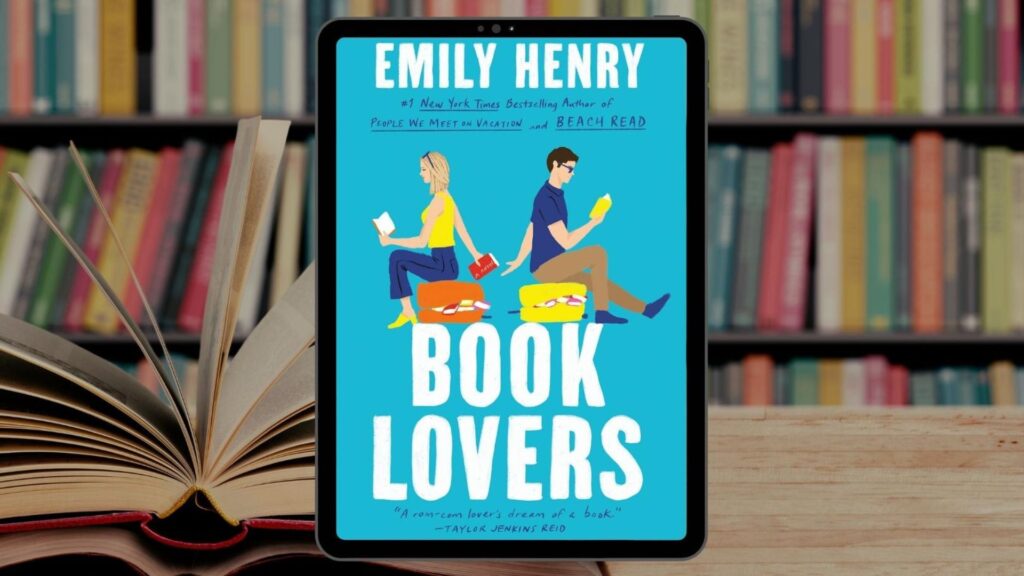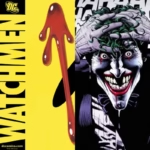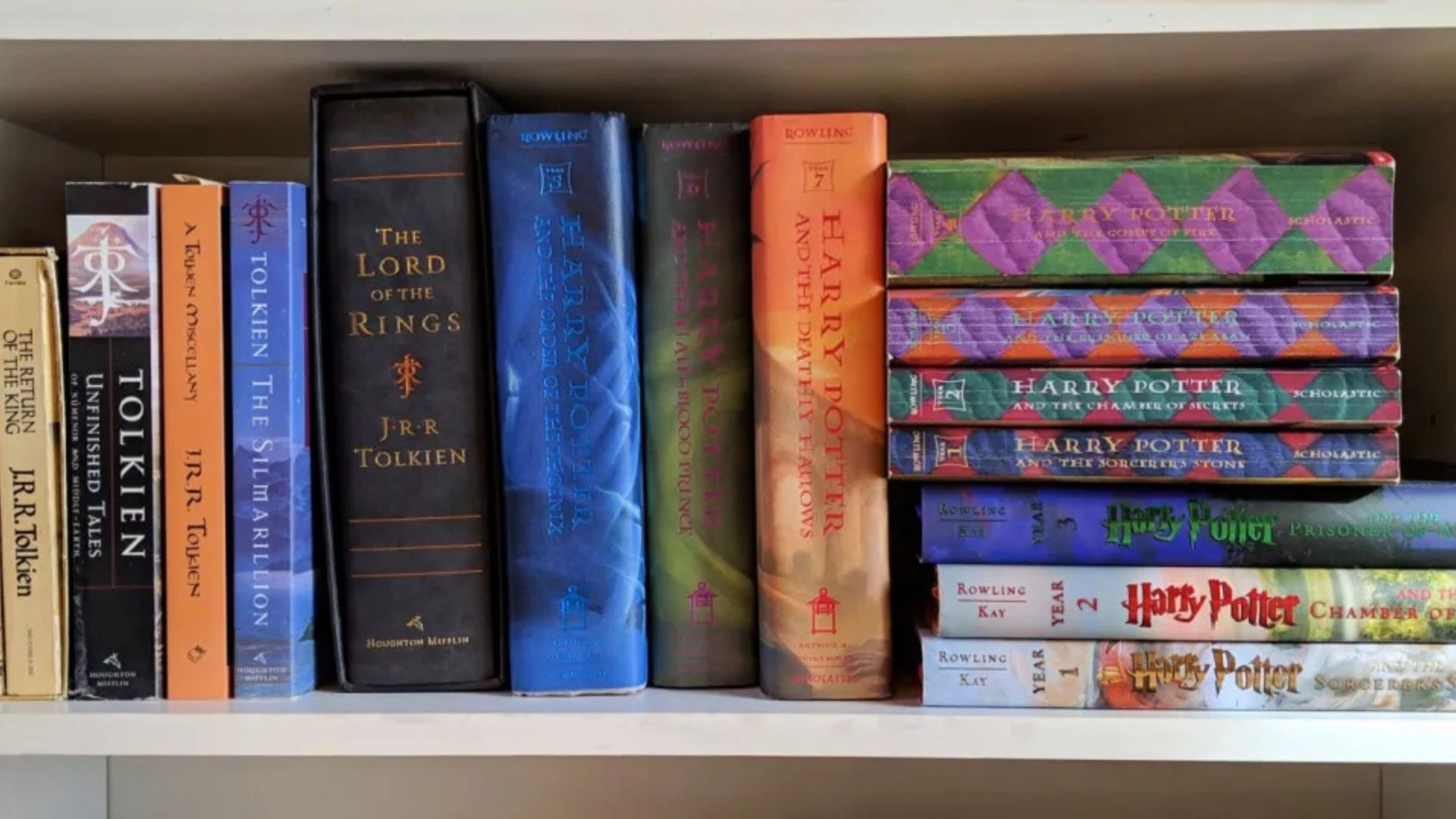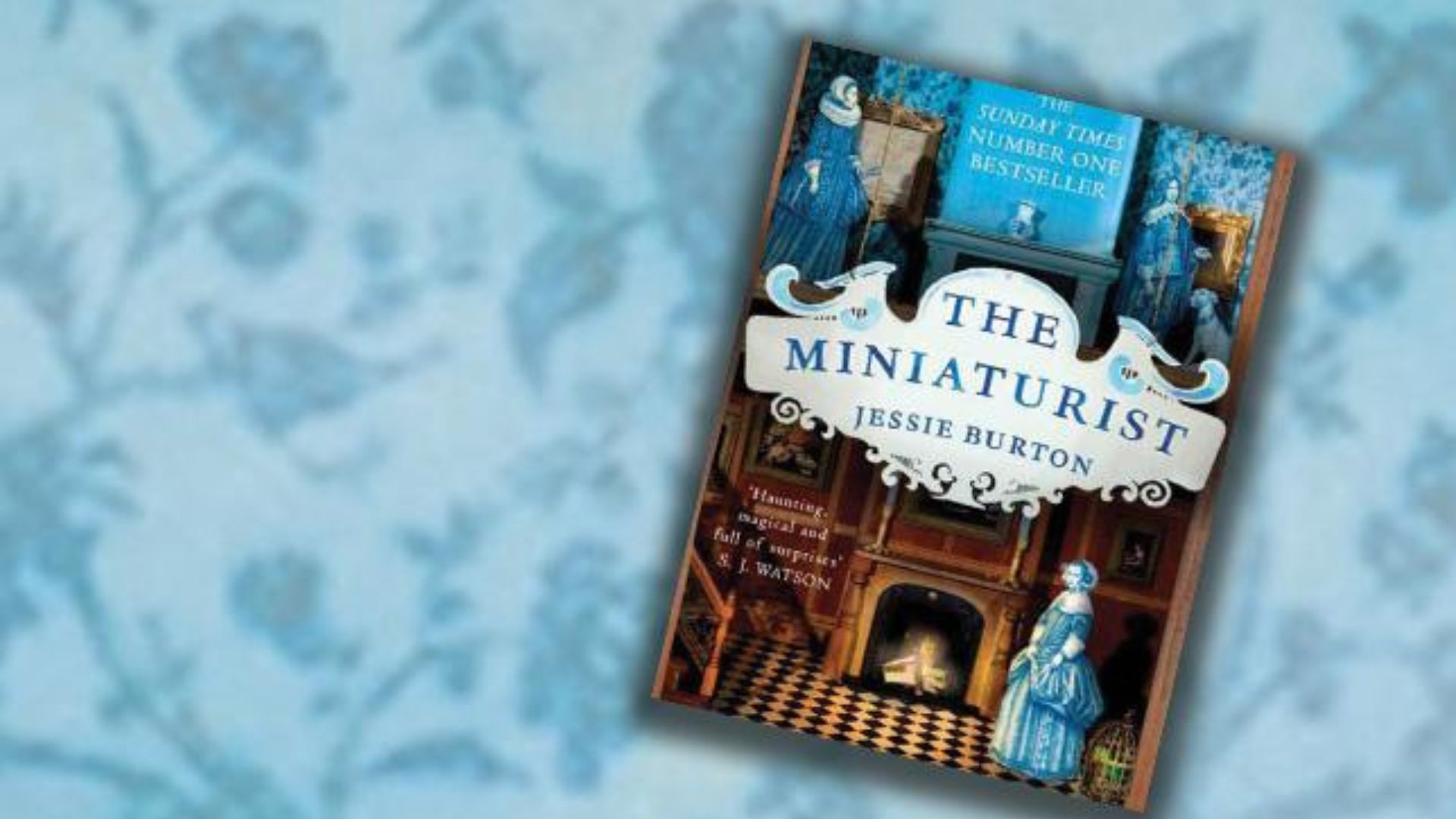Fiction lovers unite! Whether you’re a fan of classic literature, contemporary novels, or something more niche like fantasy or historical fiction, a book club is a great way to share your passion for storytelling. But how do you keep your book club engaging and fresh for fiction lovers? The key lies in mixing up your selections, introducing creative formats, and exploring diverse themes that spark exciting discussions. In this guide, we’ll explore a range of book club ideas designed specifically for fiction enthusiasts. From genre-themed meetings to author spotlights, these ideas will keep your book club lively, fun, and full of rich conversations.

Genre-Based Book Club Themes
A genre-focused book club is a fantastic way to explore different types of fiction and dive deep into the specific characteristics of each genre. Each month, your group can choose a different genre to explore, keeping the reading list varied and exciting.
Classic Fiction Month
Dedicate a month to reading classic novels that have stood the test of time. Whether it’s a Victorian-era masterpiece, a modern classic, or a literary giant from the 20th century, reading classics allows your group to discuss storytelling techniques, cultural impact, and timeless themes.
- Example Books: Pride and Prejudice by Jane Austen, Moby-Dick by Herman Melville, The Great Gatsby by F. Scott Fitzgerald.
- Discussion Topics: How do the themes of love, society, or morality in these classics resonate today? What makes these books “timeless” in your opinion?
Mystery & Thriller Month
If your group loves a good page-turner, a month focused on mystery and thriller novels can be both fun and suspenseful. This genre is perfect for exploring plot twists, character motivations, and writing that keeps readers on the edge of their seats.
- Example Books: The Girl on the Train by Paula Hawkins, Gone Girl by Gillian Flynn, Big Little Lies by Liane Moriarty.
- Discussion Topics: How do the authors build suspense and tension? What role do unreliable narrators play in these types of stories?
Fantasy and Sci-Fi Extravaganza
Dive into fantastical worlds with a fantasy and science fiction-themed book club. This genre offers rich world-building, unique magic systems, and thought-provoking explorations of society and the future.
- Example Books: The Name of the Wind by Patrick Rothfuss, Dune by Frank Herbert, The Left Hand of Darkness by Ursula K. Le Guin.
- Discussion Topics: What makes the world-building so effective in these books? How do fantasy and sci-fi works reflect real-world issues?
Historical Fiction Journeys
Historical fiction allows readers to experience different time periods and cultures through compelling, character-driven stories. Whether it’s the complexities of World War II or the vibrancy of Ancient Rome, this genre brings history to life.
- Example Books: The Book Thief by Markus Zusak, All the Light We Cannot See by Anthony Doerr, The Nightingale by Kristin Hannah.
- Discussion Topics: How does historical fiction bring context and humanizes the events of the past? How does the setting influence character behavior and decision-making?
1.5. Contemporary Fiction Focus
For book clubs that prefer more modern settings and stories, contemporary fiction provides an opportunity to discuss current themes, relationships, and societal issues. This genre reflects the world we live in, with stories that mirror modern-day struggles and triumphs.
- Example Books: Normal People by Sally Rooney, The Underground Railroad by Colson Whitehead, The Goldfinch by Donna Tartt.
- Discussion Topics: How do contemporary novels reflect the realities of modern society? What does the author’s style reveal about the themes or characters?
Author Spotlight Months
Focusing on a specific author each month can provide a deep dive into their writing style, themes, and evolution as a writer. This can be especially interesting if you pick an author with a diverse portfolio of works, allowing for rich discussions of their career and the recurring motifs in their stories.
Agatha Christie: Queen of Crime
Spend a month reading a selection of Agatha Christie’s iconic detective novels. Known for her brilliant plots and intricate mysteries. Christie’s works are a perfect choice for any fiction lover looking to dive into compelling whodunnits.
- Example Books: Murder on the Orient Express, The Murder of Roger Ackroyd, And Then There Were None.
- Discussion Topics: How does Christie create suspense and build her plots? What are her signature storytelling techniques, and how have they influenced the mystery genre?
J.K. Rowling: Beyond Harry Potter
While J.K. Rowling is best known for the Harry Potter series, her later works—such as The Casual Vacancy and the Cormoran Strike detective series—offer a new perspective on her writing style and themes.
- Example Books: The Casual Vacancy, The Silkworm (Cormoran Strike #2), The Ickabog.
- Discussion Topics: How does Rowling tackle social issues in her post-Potter works? What do her non-magical stories reveal about her narrative range?
Conclusion
For fiction lovers, a book club is a great way to explore different genres, authors, and literary themes while enjoying engaging discussions with others. By incorporating creative ideas like genre-based themes, author spotlights, and fun formats, you can keep your book club fresh, exciting, and inspiring. Whatever books you choose, the key is to create a space where every member’s voice is heard, and the love for fiction is celebrated. Happy reading!










